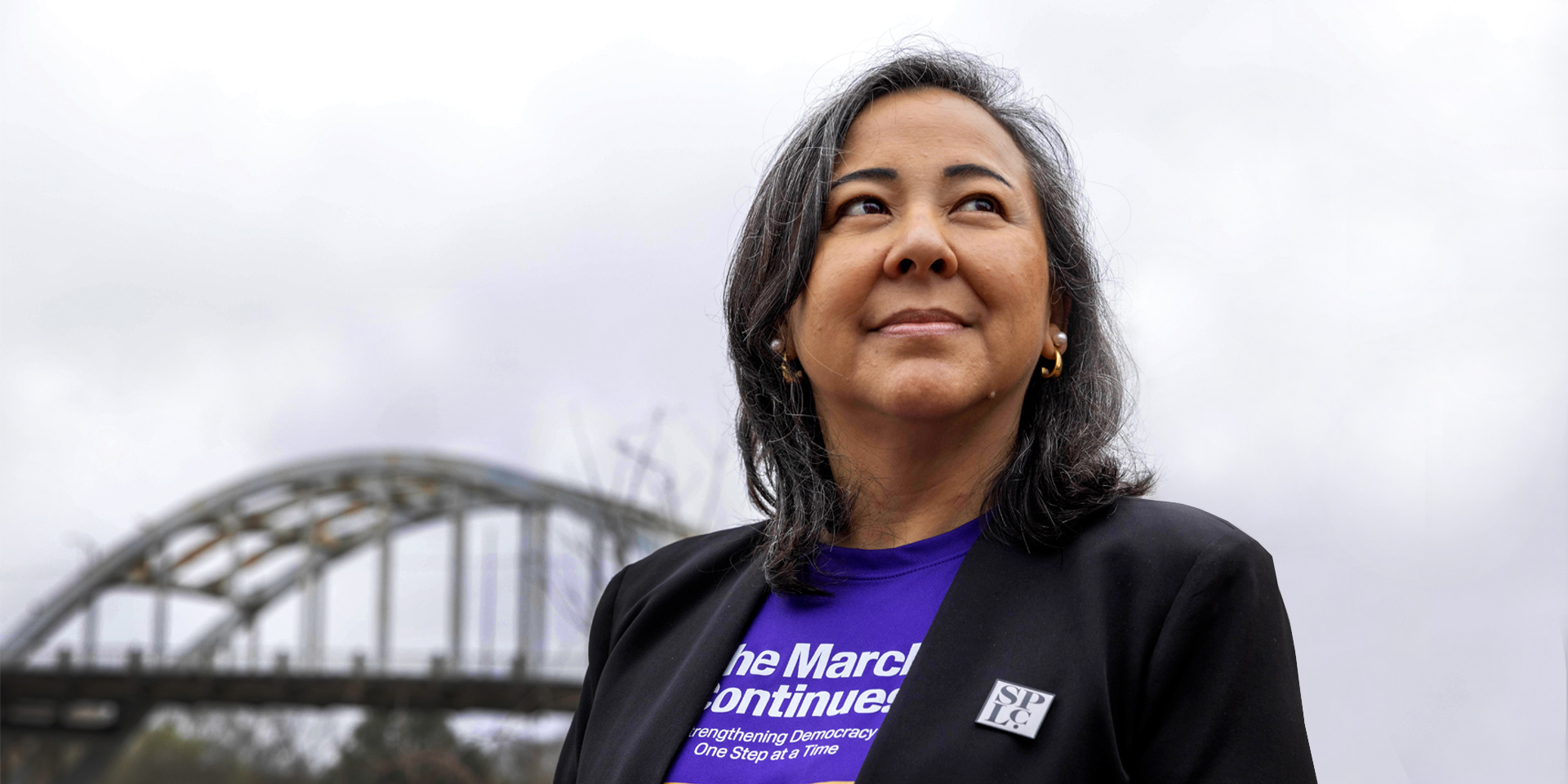For the last five years, I’ve had the extraordinary opportunity to lead the Southern Poverty Law Center. My position was more than just a job. It was rooted in my deep belief that all people deserve to live with dignity and respect. It’s what’s driven my human rights work for the past three decades.
In the video: Margaret Huang discusses the reasons she first joined the Southern Poverty Law Center as president and CEO. (Credit: SPLC)
I am fortunate to do work that benefits communities of color in places like Alabama, Mississippi, Georgia, Florida and Louisiana (the Deep South), but this type of work has never been a 40-hour-week job. It has been much more. And while I am deeply committed to this work, the reality is that the demands of my job have created serious challenges for me and my family as I have tried to support and care for aging parents at the same time. Recently, I realized that if I want to live my values, I need to make significant changes at home.
As so many Americans know well, it is tough taking care of loved ones while trying to work full time. The health care, family care and social services support systems in the United States are simply not equipped to meet the growing demands in our nation, and there is nothing harder than watching a family member not get the care they need and deserve.
In the last few months, I have had one parent enter hospice care and another parent begin memory care. This experience has been devastating for our family, but it’s much more than just the emotional toll. Consider that the cost of assisted living in the U.S. ranges from $5,000 to more than $10,000 per month. That’s before the costs of administering medication, personal care like dressing and bathing, and the even higher levels of care that many need.
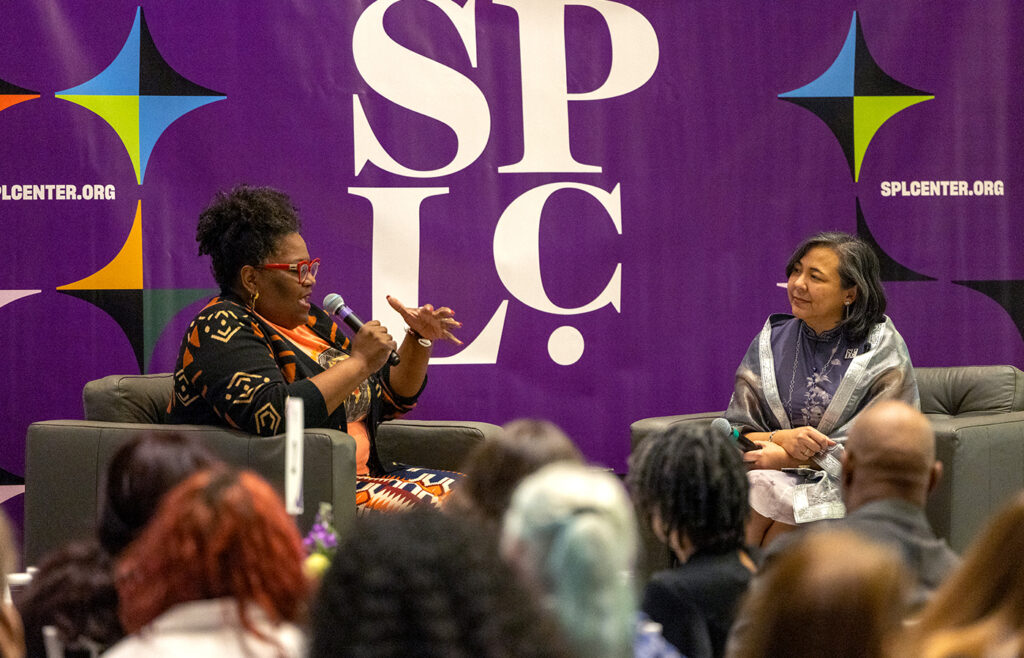
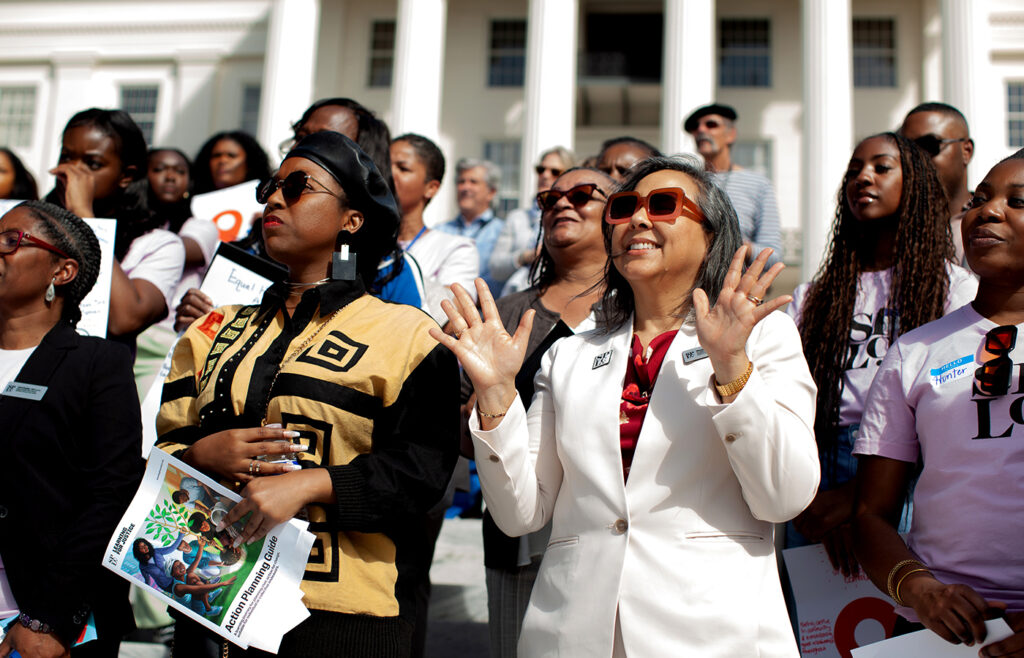

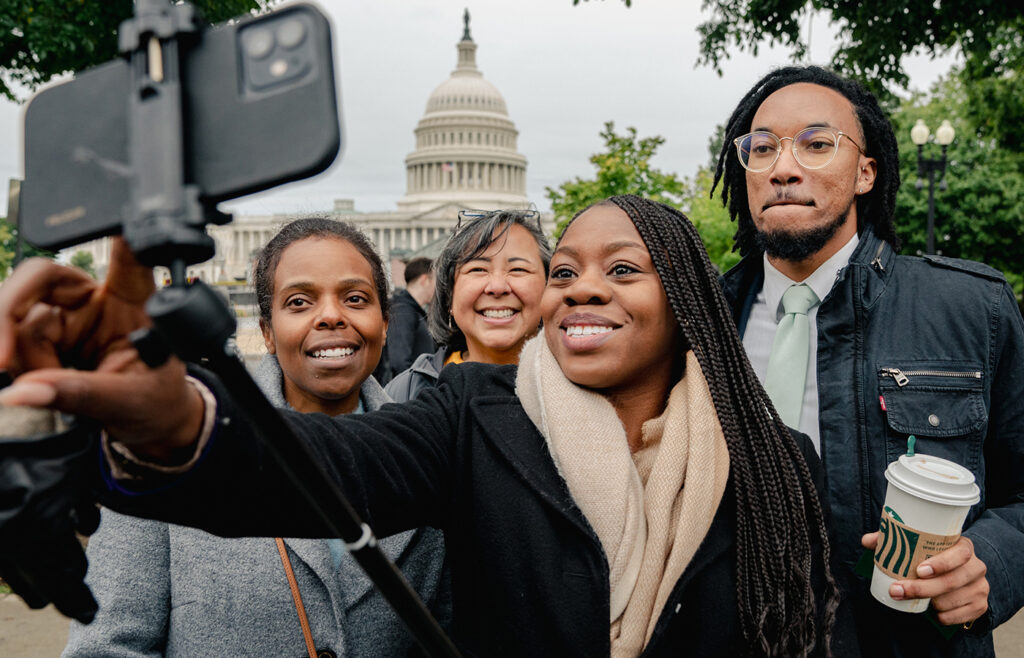
Clockwise from top left: Michelle Browder, activist and artist behind the Mothers of Gynecology monument in Montgomery, Alabama, speaks with SPLC President and CEO Margaret Huang during a Jubilee 2023 event; Huang joins a rally at the Alabama State Capitol during Jubilee celebrations in 2025; Huang and employees of the American Civil Liberties Union wait outside the Supreme Court building ahead of arguments in Allen v. Milligan in 2022.; Huang speaks at the March on Washington 60th anniversary commemoration in 2023.
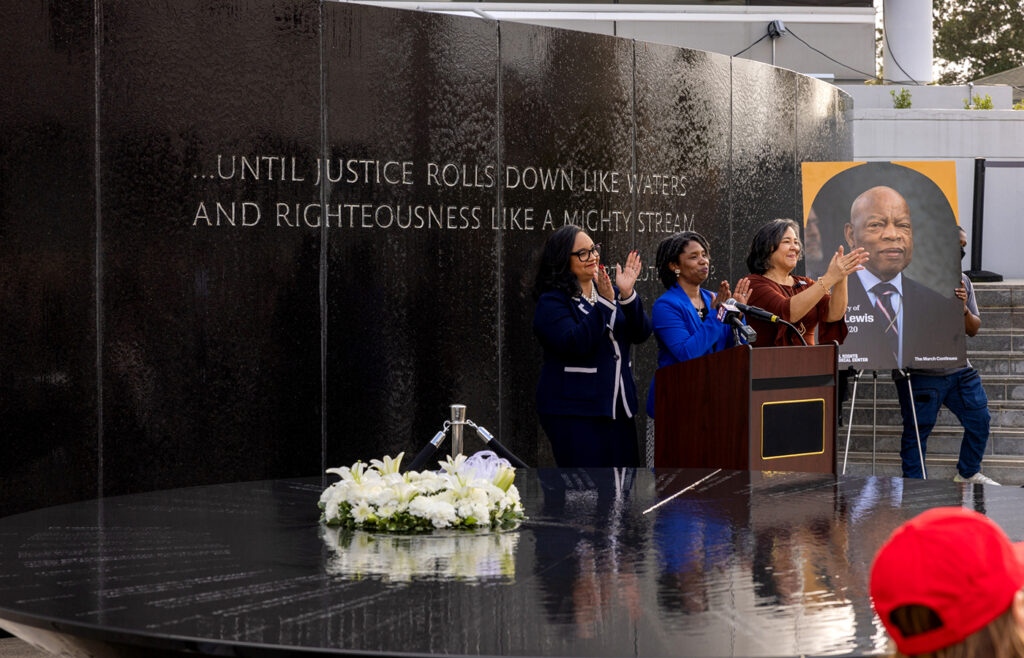
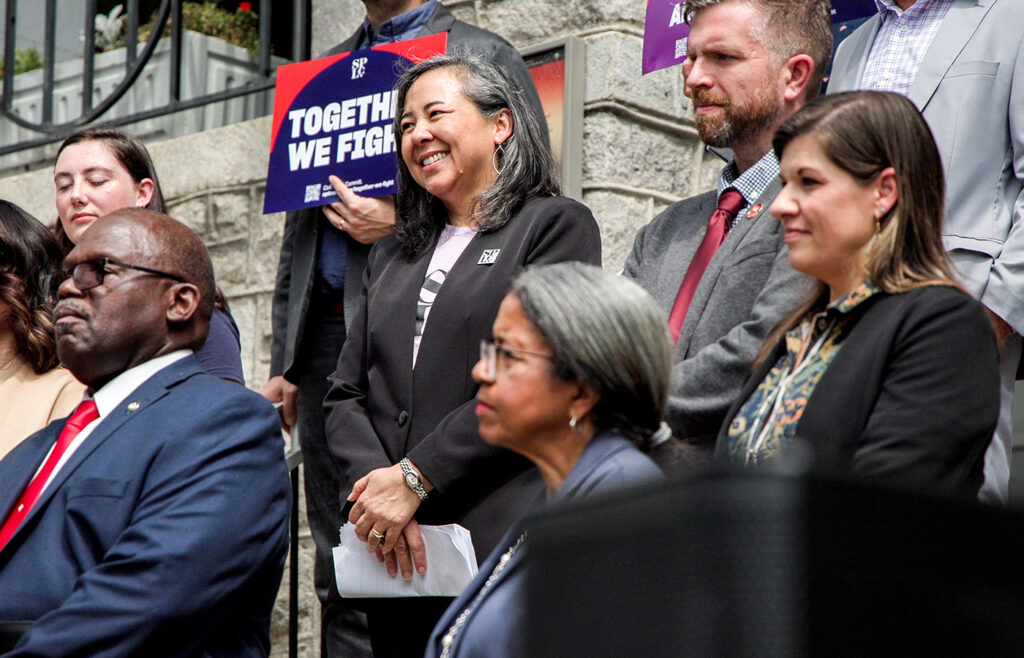
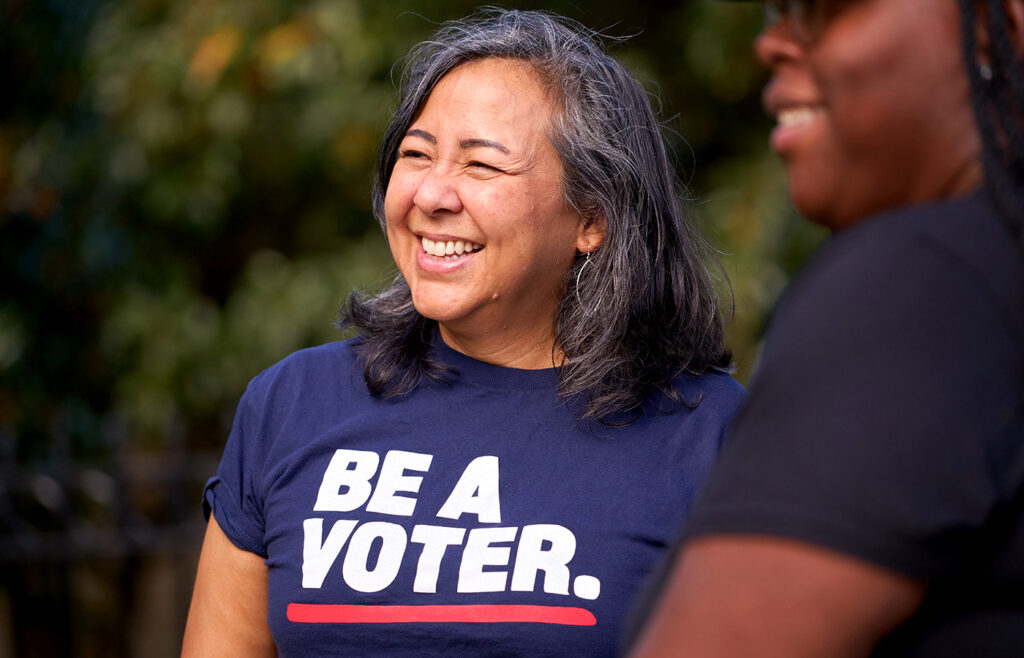
Clockwise from top left: U.S. Rep. Nikema Williams; Tafeni English-Relf, the SPLC’s Alabama state office director; and SPLC President and CEO Margaret Huang during the wreath-laying ceremony for Jubilee 2023; Huang at the Together We Fight/100 Days press conference in Atlanta in May 2025; Huang joins voter canvassing efforts in Atlanta on Election Day 2024.
The United States is witnessing extraordinary growth in the demand for care as the baby boom generation, defined as those born between 1946 and 1964, retires and needs greater support as they age. The number of Americans aged 65 and older surged from 40 million in 2010 to 56 million in 2020; the U.S. Census Bureau estimates this number will reach 73.1 million by 2030. Projections are that 70% of these Americans will require long-term care, making the demand for home health care grow by nearly 50% in the next five years.
For so many millennials and Xers like me, trying to manage eldercare for loved ones is overwhelming. Since 1997, the costs of professional care in nursing homes and adult day care centers rose at almost twice the pace of overall inflation; as of December 2024, nursing home prices had increased 193%. The COVID pandemic also hit the sector hard, as deaths and infections pushed many workers to leave.
It’s also worth noting that immigrants play a key role in the health care and social service sector, constituting more than a quarter of all direct care workers. New policies that discourage immigrant workers from taking these roles will contribute to greater challenges and hardships in the future.
As a daughter, I am so grateful that my parents — both former teachers — saved for this situation. So many families can’t afford to access the support of professional caregivers. But like so many others, I worry about the long-term costs of these arrangements and what will happen as Medicaid and Medicare budgets are reduced over the next five years.
As someone who has spent my life advocating for the human rights and dignity of all people, I recognize clearly that we are not doing enough to protect our seniors as they age. I also recognize that I cannot provide the care, support and love that my own parents need at this moment while maintaining the hectic pace as a nonprofit executive. And so, I had to make the decision that at this time in my life, my parents come first.
For me, living my personal values means choosing to leave a job I love to be more present and available to my loved ones. I have always found inspiration in serving others, and today those people are actually my parents. I recognize how privileged I am to be able to do this. In the civil rights movement, we fight every day so that living a life with dignity does not require family wealth or winning the lottery to have quality care for those we love. My colleagues at the SPLC will continue the fight for a more just and equitable society. The fight for dignity and humanity in the Deep South is in great hands.
Margaret Huang served as the president and CEO of the Southern Poverty Law Center for five years.



